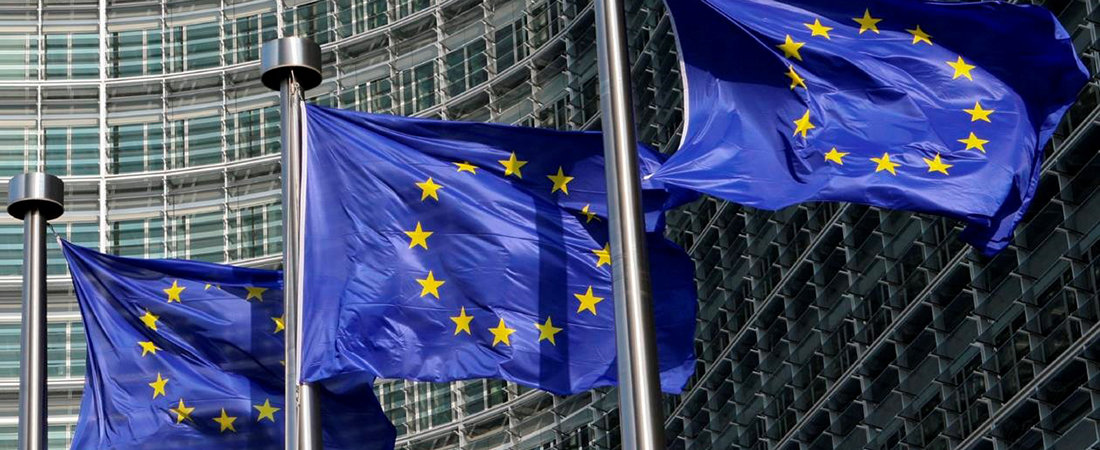As the Chancellor stood up to the despatch box today, there was a question around whether we would finally get some meat on the bones of what the opportunities might be for the UK as a centre for business, trade and innovation post-Brexit.
We didn’t get that. This was an autumn statement which purposely avoided detailed comment on Brexit – no doubt under strict instructions from Number 10 to avoid providing any hint of a running commentary on the negotiations.
Whilst the Chancellor declared upfront that his decisions were couched in the context of the referendum result, his focus was domestic: tech hubs, rail, roads and interconnectivity, house building, the UK’s regions, industrial strategy, and local infrastructure.
The pre-trailed announcement of investment in R&D will help to make up the shortfall as the UK’s research community loses its hefty share of European funding in this space.
The doubling of the export finance facility to make it easier for British businesses to export is even more important – it will help companies sell overseas, particularly in markets outside the European Union. UK firms, and overseas buyers, haven’t always been quick on the uptake with this, and measures will need to accompany the increase to ensure it is used effectively.
The Chancellor was at pains throughout to declare that Britain is open for business, telling us that his big goal is to ensure Britain remains the Number One destination for business and to offer certainty and stability. His commitment to a corporation tax rate of 17% by 2020 is a big part of this appeal and the Prime Minister has signalled that they could go lower if the USA were to cut their business taxes too.
Eagle-eyed commentators will notice an additional £412m in funding for the three Whitehall Brexit departments, although we are no clearer on how they plan to approach the enormous task ahead.
But there were no details on the status of the City and financial services in any deal on access to the single market, no prioritisation of future trade deals, no mention of WTO status, and silence on immigration and access to labour.
Other than a fleeting mention of the status of the UK economy since the referendum, the Chancellor didn’t actually use the term Brexit in his statement.
In contrast, the Shadow Chancellor went hard on Brexit, demanding upfront that the Chancellor ask for full, tariff-free access to the EU’s single market after the UK’s exit, and encouraged him to stand up to what he called the ‘extreme Brexit fanatics’ in Cabinet.
And the OBR’s assessment adds a little more colour. On future Brexit policy direction, they state the government directed them to two already public statements which left them ‘little the wiser as regards the choices and trade-offs that the Government might make during the negotiations – which will depend in part of course on the approach taken by those with whom it is negotiating’.
However, their calculations are based on one really important and flawed assumption: that article 50 will be triggered by the end of March 2017, and therefore that the two year negotiating timetable can flow from that. That’s a pretty bold assumption, given most pundits view that the government will lose their appeal on the Miller case at the Supreme Court and that at least some element of delay will interfere with proceedings.
The Chancellor had very little room for manoeuver today – and that was reflected in both what he did, and didn’t, say. The government may still not want to give a running commentary in negotiations, but that running commentary will nevertheless continue without them.
Victoria Dean heads up Portland’s Brexit Unit. She has recently joined us from the Foreign Office, where she was head of the European directorate and spent the summer on the government’s Brexit preparations. Previous roles have also included spokesperson and head of communications for the UK’s representation in Brussels.

